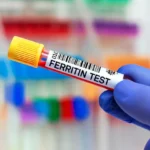If you're considering highlighting your hair, you may be wondering: can highlighting hair cause hair loss? While highlights can certainly give your hair a fresh, vibrant look, they come with potential risks to your hair health. In this article, we will explore how highlighting affects your hair, differentiate between hair breakage and hair loss, and …
If you’re considering highlighting your hair, you may be wondering: can highlighting hair cause hair loss? While highlights can certainly give your hair a fresh, vibrant look, they come with potential risks to your hair health.
In this article, we will explore how highlighting affects your hair, differentiate between hair breakage and hair loss, and share expert tips for protecting your hair. By the end, you’ll know how to safely enjoy highlights without damaging your precious strands.
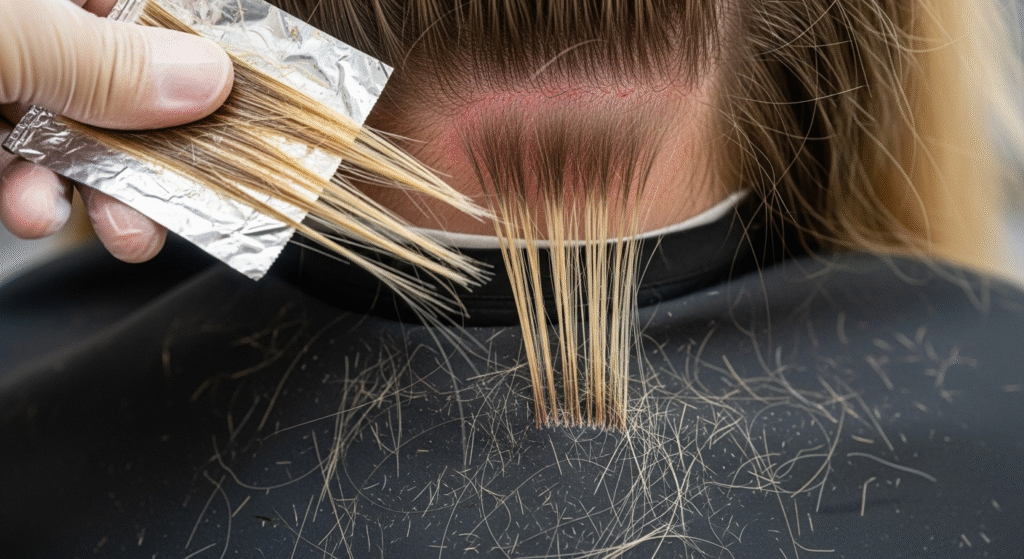
Can Highlighting Hair Cause Hair Loss: The Science Behind the Process
Chemical Composition of Hair Dyes
Highlighting hair involves the use of bleach and/or peroxide, which work to open the hair cuticle (the outer layer of the hair) and lighten the natural color. These chemicals can affect your hair’s structure, making it more prone to breakage, especially if overused.
Ammonia and hydrogen peroxide are typically the active ingredients that lift the color from your hair, but their harshness can weaken the strands, leading to a fragile texture. While the chemical process itself doesn’t directly cause hair loss, it can make your hair more susceptible to damage.
Lightening vs. Permanent Color
There are different types of highlighting techniques: lightening and permanent coloring. Lightening, which uses higher levels of bleach, can be more damaging to the hair because it strips away moisture.
Permanent coloring, while still potentially harmful, does not weaken the hair shaft as much as lightening does. This distinction is crucial for understanding how highlighting might cause hair damage and how to mitigate it.
Impact on Hair Cuticle and Shaft
The chemical process of lightening or coloring can weaken the cuticle, the protective outer layer of the hair. When this layer is damaged, your hair loses moisture and becomes more vulnerable to environmental stressors, leading to breakage and split ends. The more frequent or intense the chemical process, the greater the risk of damage.
Does Highlighting Cause Hair Loss?
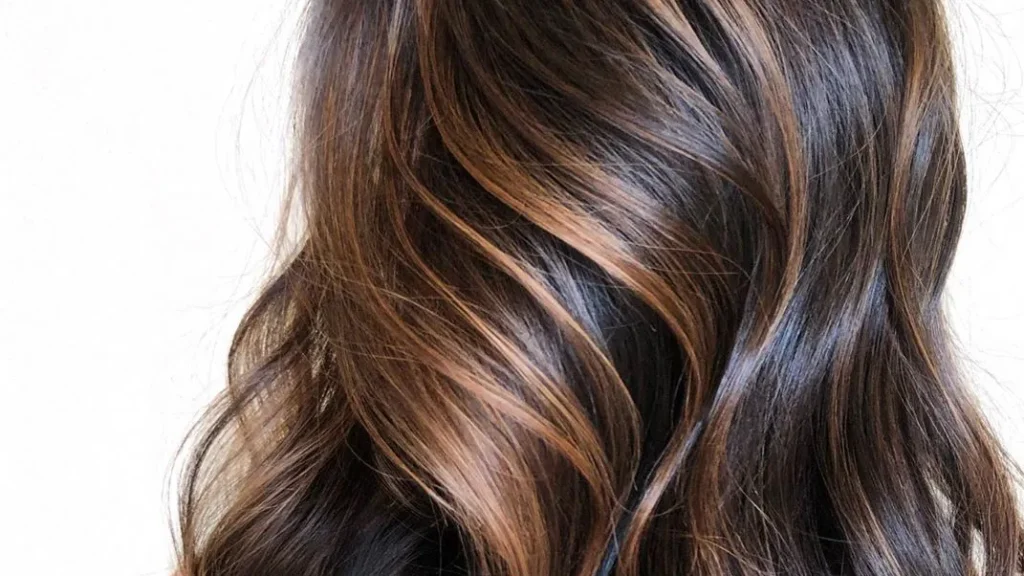
Breakage vs. Hair Loss
It’s important to differentiate between hair breakage and actual hair loss. Hair breakage occurs when hair becomes weak due to chemical processing or physical stress (like combing). Breakage results in shorter strands of hair, but the hair follicles themselves remain intact, meaning hair growth continues.
Hair loss, on the other hand, refers to the shedding of hair from the root, and it’s often related to factors like hormonal imbalances, genetics, or severe stress. While highlighting may cause breakage, it typically doesn’t lead to permanent hair loss unless the hair is severely overprocessed.
Telogen Effluvium Explained
One indirect effect of highlighting can be telogen effluvium, a form of hair shedding caused by stress or a traumatic event. Chemical treatments like highlighting can sometimes trigger a shedding phase where hair that was in the growth phase suddenly falls out. Fortunately, this shedding is often temporary, and hair usually grows back once the stressor is removed.
Pro Tip: If you notice increased hair shedding after highlighting, don’t panic. It may be temporary, but it’s always a good idea to consult with a dermatologist if the shedding doesn’t stop after a few months.
Factors That Increase the Risk of Hair Damage from Highlights
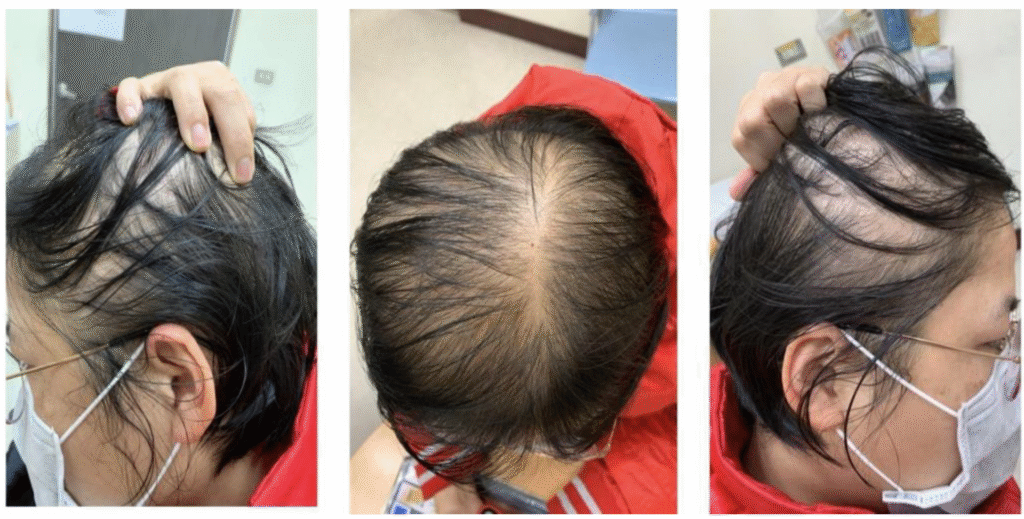
Frequency of Highlighting
The more frequently you highlight your hair, the greater the cumulative damage. Continuous exposure to bleaching agents can severely weaken hair, especially if you’re highlighting already processed or damaged strands. It’s essential to give your hair time to recover between treatments.
Hair Type Considerations
Fine or fragile hair is particularly susceptible to damage from chemical treatments like highlighting. If your hair is already weak, dry, or over-processed, the chemicals in hair dye can exacerbate the problem, leading to breakage. On the other hand, thicker hair can often tolerate highlighting better but still requires proper care and maintenance.
Application Techniques
How the highlights are applied matters as well. Professional stylists tend to be more cautious about applying bleach and peroxide, ensuring they don’t overprocess the hair. At-home highlighting kits, however, may lead to uneven application and leave the chemicals on longer than necessary, increasing the risk of damage.
Pro Tip: If you’re opting for at-home highlights, always follow the instructions closely, and consider doing a strand test before applying the product to your entire head.
Preventing Hair Damage During and After Highlighting
Pre-Treatment Hair Care
Strengthening your hair before getting highlights is one of the best ways to protect it. You can use nourishing treatments like deep conditioners or hair masks to fortify the strands. Ensuring your hair is healthy before highlighting will give it a better chance of withstanding the chemical process.
Choosing the Right Products
When selecting a hair dye or highlighting product, it’s crucial to pick one that is gentle on the hair. Some brands offer formulations designed specifically for sensitive or damaged hair. Additionally, consider opting for ammonia-free or low-peroxide formulas to minimize the risk of damage.
Post-Treatment Maintenance
Once you’ve gotten your highlights, it’s essential to care for your hair properly. Use a moisturizing shampoo and conditioner to replenish lost moisture, and limit the use of heat styling tools. Consider weekly deep conditioning treatments to keep the hair hydrated and strong.
Professional vs. At-Home Highlighting
While at-home highlights can be a more affordable option, they often lack the expertise and care that professional stylists provide. If you’re concerned about hair damage, visiting a salon is a safer choice, as professionals can tailor the process to suit your hair type and reduce the risk of overprocessing.
When to Consult a Dermatologist
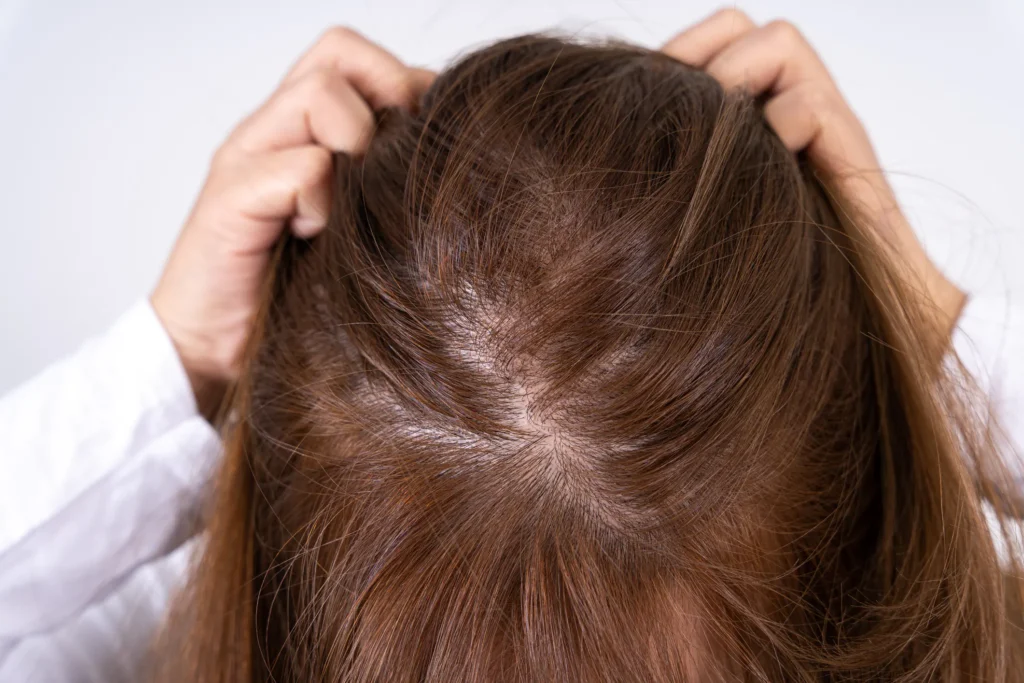
Signs of Excessive Hair Loss
If you notice significant hair shedding that doesn’t improve after a few weeks or if your scalp becomes sore, it’s time to consult a dermatologist. While some shedding after highlights is normal, excessive hair loss could indicate a more serious issue.
Underlying Conditions
Hair loss due to highlighting may be temporary, but sometimes it could be a sign of an underlying condition, like scalp psoriasis or alopecia areata. A dermatologist can help you rule out any medical conditions and recommend appropriate treatments.
Treatment Options
If your hair loss persists, a dermatologist may suggest treatments such as minoxidil (a topical treatment for hair loss) or professional hair restoration options. These treatments can help stimulate hair growth and prevent further damage.
FAQs
Can I highlight my hair if it’s already thinning?
It’s best to consult a dermatologist before highlighting thinning hair, as harsh chemicals can exacerbate hair loss.
How often is it safe to get highlights?
It’s generally recommended to wait at least 6-8 weeks between highlight sessions to minimize damage.
Are there natural alternatives to chemical highlights?
Yes, you can use natural products like henna or chamomile to highlight your hair, although the results may be less dramatic.
What are the best products for color-treated hair?
Look for shampoos and conditioners specifically formulated for color-treated hair, which help preserve color and maintain hair strength.
Can highlighting cause permanent hair loss?
While highlighting can cause temporary shedding or breakage, it does not typically lead to permanent hair loss unless the hair is severely overprocessed.
Conclusion
Highlighting your hair can be a great way to add dimension and vibrancy, but it’s important to understand the potential risks. By taking proper precautions, choosing the right products, and caring for your hair before and after the treatment, you can enjoy your highlights without damaging your strands. Always remember that if you experience excessive hair shedding or damage, consulting a dermatologist can help you find the best solution.
If you’re considering highlights but are concerned about hair health, consult with Dr. Uzma Irfan, an ISHRS-certified surgeon in Islamabad today . We offer personalized hair assessments and treatments to ensure your hair remains strong and vibrant. Book your consultation today and take the first step towards beautiful, healthy hair.



